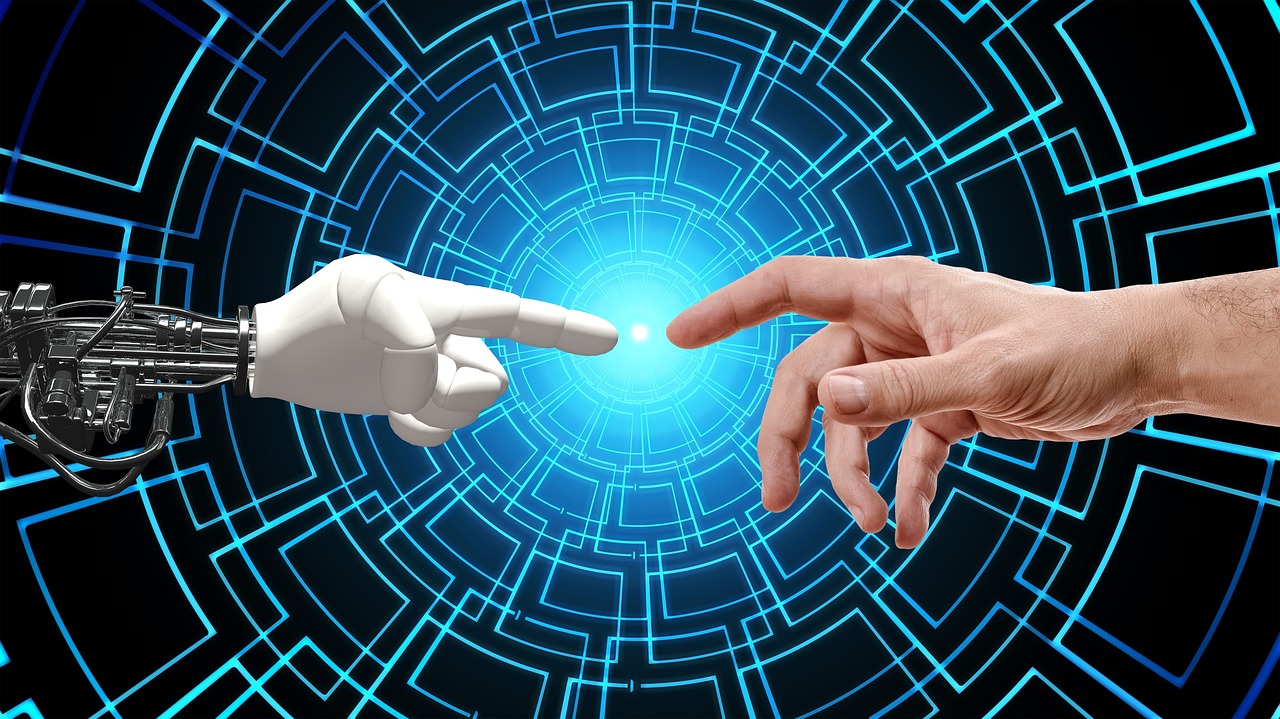The Ethics of Artificial Intelligence: Legal and Moral Implications
Artificial Intelligence (AI) has become a transformative technology in recent years, revolutionizing various industries and shaping the future of society. With its growing impact, there has been an increasing need to examine the ethics of AI, addressing both legal and moral implications to ensure responsible development and deployment.
AI refers to the simulation of human intelligence in machines programmed to learn, reason, and perform tasks that typically require human intelligence. As AI advances, its influence on daily life becomes more apparent, raising questions about its ethical implications.
Understanding Artificial Intelligence (AI)
- Definition of AI
AI encompasses a wide range of technologies, including machine learning, natural language processing, and robotics, all designed to mimic human cognitive abilities.
- Types of AI
There are two main types of AI: narrow AI, which performs specific tasks, and general AI, which possesses human-like cognitive abilities across various domains.
AI Applications
AI finds applications in diverse fields, from autonomous vehicles and virtual assistants to medical diagnosis and financial analysis.
The Rise of AI: Advantages and Benefits
- AI in Business and Industry
AI optimizes processes, enhances productivity, and drives innovation in businesses, leading to increased efficiency and competitiveness.
- AI in Healthcare
AI aids medical professionals in diagnosing diseases, personalizing treatment plans, and analyzing vast amounts of health data.
- AI in Education
AI transforms education through personalized learning experiences, adaptive assessments, and smart content delivery.
Ethical Concerns in AI Development
- Privacy and Data Protection
The collection and usage of vast amounts of data by AI systems raise concerns about individual privacy and data security.
- Bias and Fairness
AI algorithms can perpetuate societal biases, leading to unfair treatment and discriminatory outcomes.
- Accountability and Transparency
The lack of transparency in AI decision-making processes poses challenges in holding AI accountable for its actions.
Legal Framework for AI
- International Laws and Treaties
Various international agreements and treaties address AI-related issues, aiming to foster responsible AI development.
- National Regulations
Countries are developing AI-specific regulations to govern their deployment and ensure ethical practices.
Moral Implications of AI
- Impact on Society
AI’s influence on social structures and interactions raises questions about its impact on societal values.
- Human-AI Interaction
As AI becomes more integrated into daily life, understanding the dynamics between humans and AI is crucial for responsible development.
- AI and Job Displacement
The automation potential of AI may lead to job displacement, requiring strategies for retraining and upskilling the workforce.
Striking the Right Balance: Ethics in AI Development
- Involving Ethicists in AI Design
Collaborating with ethicists during AI development can help identify potential ethical challenges and design solutions.
- Public Participation and Engagement
Engaging the public in AI discussions fosters a democratic approach to shaping AI policies.
The Role of Government and Tech Companies
- Establishing Ethical Guidelines
Governments and tech companies can work together to establish comprehensive ethical guidelines for AI development and deployment.
- Responsible AI Deployment
Tech companies must ensure that AI technologies are used responsibly and in line with ethical principles.
AI and the Future
- The Evolution of AI Ethics
As AI continues to advance, ethical considerations must evolve to address new challenges.
- Embracing Responsible AI Advancements
Adopting ethical practices will pave the way for the responsible advancement of AI.
Conclusion
The ethics of AI encompass complex legal and moral considerations. Striking the right balance between innovation and responsibility is crucial to harness the potential of AI for the benefit of society. As AI technology progresses, collaborative efforts between governments, tech companies, ethicists, and the public will be instrumental in shaping a future where AI aligns with human values and aspirations.
FAQs
- What is Artificial Intelligence (AI)?
Artificial Intelligence (AI) refers to the simulation of human intelligence in machines capable of learning, reasoning, and performing tasks that typically require human intelligence.
- What are the ethical concerns in AI development?
Some of the key ethical concerns in AI development include privacy and data protection, bias and fairness, and accountability and transparency.
- How is AI applied in healthcare?
AI is applied in healthcare for tasks like medical diagnosis, personalized treatment plans, and analyzing large volumes of health data to extract valuable insights.
- What is the role of ethicists in AI design?
Ethicists play a crucial role in AI design by identifying potential ethical challenges and contributing to the development of ethical solutions.
- What does the future hold for AI ethics?
As AI continues to evolve, ethical considerations will need to adapt to address new challenges and ensure responsible AI advancements.

